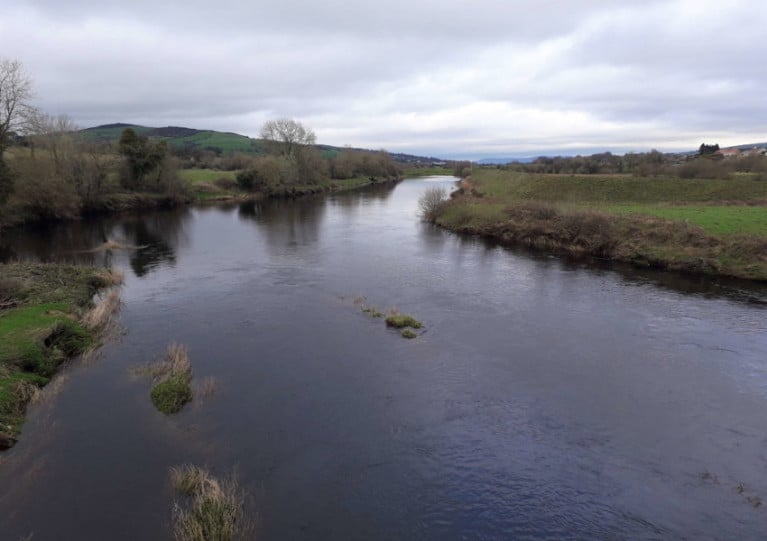Displaying items by tag: River Finn
‘Substantial’ Fish Kill in Tributary of Donegal’s River Finn
A ‘substantial’ fish kill affecting trout and young salmon has been discovered in a tributary of the River Finn in Co Donegal.
Donegal Daily reported on Wednesday (13 September) on the incident in what’s described as a “nursery stream” at Crossroads in Killygordon, east Donegal.
It says it understands that hundreds of trout and young salmon have been lost.
In a statement, the Loughs Agency said it was alerted on Tuesday evening (12 September) “to the potential presence of a pollutant into a tributary of the River Finn, allegedly stemming from a commercial premises”.
It continued; “Loughs Agency fishery officers immediately initiated an investigation, where they discovered a discharge of deleterious matter had entered the watercourse.
“Substantial fish mortalities were discovered in the river on Tuesday evening, as well as during searches on the morning of Wednesday 13 September. Samples were collected from the discharge for analysis.
“Loughs Agency has committed significant resources into the clean-up operation, with fishery officers actively working to help ensure additional fish mortalities are mitigated as best as possible. We will have resources at the site of the incident until the investigation is complete.”
The Loughs Agency has issued a declaration suspending netting in the River Foyle, Lough Foyle and seaward of Lough Foyle and restricting angling in the River Finn to catch-and-release only.
The restrictions have been put in place to protect the Atlantic salmon, the agence says.
It explains that the number of salmon which have migrated upstream of the River Finn fish counter during each of the previous five years has not exceeded 5,410 as stipulated in the Foyle Area (Control of Fishing) Regulations, 2010.
A copy of the full declaration can be viewed in Irish and English.
The Loughs Agency has announced that angling permits for its waters on the River Finn and River Foyle, including the Greenbraes, are now available to purchase online.
Online permits will make angling in these rivers even more accessible, particularly during the current COVID-19 government restrictions when many tackle shops are closed.
Loughs Agency permits provide access to some of the best quality fishing locations in the Foyle system, which is famous for its salmon and trout angling.
The River Foyle is a large tidal river that begins its seaward journey near Strabane in Co Tyrone and Lifford in Co Donegal at the confluence of the River Mourne and River Finn, spilling into Lough Foyle at Culmore Point in Co Derry.
Along its length are several fishing hotspots, including Mary’s Pool, the Gribben, Corkan Island and the Backwater, where anglers can cast a line for salmon, brown trout and sea trout.
The Finn is a well-known spate river for spring fish, but it also maintains a good run of salmon throughout the season. Sea trout fishing is best from July to mid-August.
For the 2021 season, the regulations for the River Foyle and Finn require total catch and release for all salmon caught, and anglers must use single barbless hooks.
For more information on fishing in the Foyle catchment, visit the angling section of Loughs Agency's website. To purchase a permit, visit the Loughs Agency's elicence website. Prices are as follows:
- River Finn permit: £20/€24 for adults £10/€12 for juveniles
- River Foyle permit: £20/€24 for adults £10/€12 for juveniles
- Greenbraes morning permit: £15/€17 8am to 3pm
- Greenbraes afternoon permit: £18/€20.50 4pm to midnight






























































